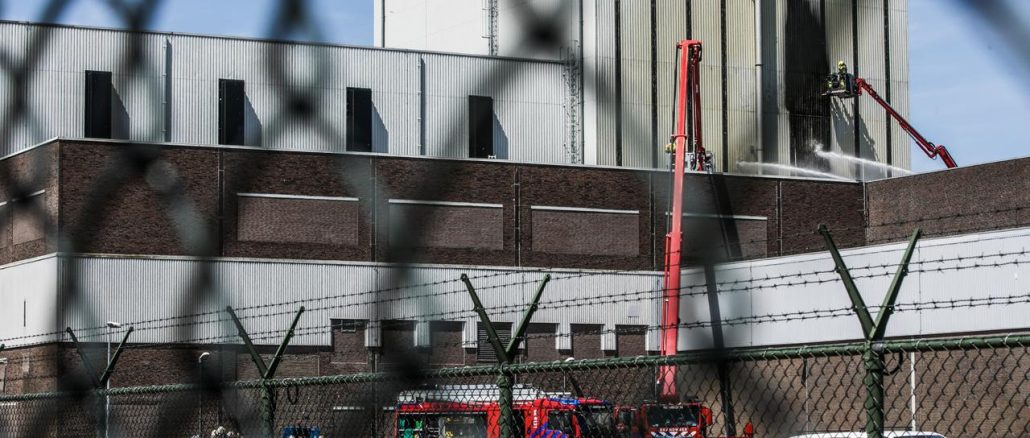
Government to Buy Shares of Nuclear Power Plant in Dodewaard
Nuclear Power Plant in Dodewaard to Undergo Decommissioning in 2045
The Dutch government has recently announced plans to buy all the shares of the owners of the nuclear power plant in Dodewaard. The plant has been closed since 1997, and negotiations have been ongoing for years regarding the decommissioning of the Gelderland nuclear power plant.
According to the State, the owner cannot bear the costs of decommissioning of the nuclear power plant set to start in 2045. It has been agreed that the Ministry of Finance will buy the shares for just €1, whereby the shareholder will transfer the total equity of €87 million, which the government will use to finance the dismantling of the plant.
“In this way, under the current circumstances, justice is done as much as possible to the principle ‘the polluter pays’,” writes State Secretary Vivianne Heijnen (Infrastructure). The Netherlands Electricity Administration Office (NEA) owns the Joint Nuclear Power Plant of the Netherlands (GKN), while the shares of NEA are held by four electricity companies: ENGIE, EPZ, Vattenfall, and Uniper.
Decommissioning of the Nuclear Power Plant
The Nuclear Power Plant in Dodewaard was shut down in 1997, and since then, the government has been considering how to handle its radioactive waste. It was decided that the plant would undergo decommissioning in 2045, with work expected to take up to ten years.
Initially, the NEA was responsible for handling the decommissioning of the Gelderland power plant. Still, with the need for state funds, the government has stepped in to provide the necessary financial support to meet its clean energy objectives. By doing so, the government seeks to ensure that the cost of the decommissioning process will not be borne by the taxpayer.
Environmental Concerns
Environmentalists have welcomed the Dutch government’s decision to finance the decommissioning of the plant, and they expect that this move will pave the way for the closure of other plants across the country. The closure of the plant is seen as a significant step towards achieving the Netherlands’ clean energy goals in line with the Paris Agreement.
The decommissioning process comes amidst a growing call for countries across Europe to phase out nuclear power. The Fukushima disaster in Japan in 2011 and the Chernobyl disaster in 1986 continue to assert the potential risks associated with nuclear energy. The decommissioning of nuclear power plants is, therefore, a top priority across Europe, with many countries considering alternatives to nuclear power.
Conclusion
The Dutch government’s commitment to financing the decommissioning of the nuclear power plant in Dodewaard is a significant milestone in the country’s clean energy targets in line with the Paris Agreement. The decommissioning process will take over a decade, with the government working with companies to ensure that the decommissioning is done safely and efficiently.
With the growing concern over the potential risks posed by nuclear power, countries across Europe are actively considering alternatives. The decommissioning of the plant in Dodewaard will likely provide a roadmap for the decommissioning of many other plants in Europe, accelerating the transition to cleaner energy sources.

Be the first to comment